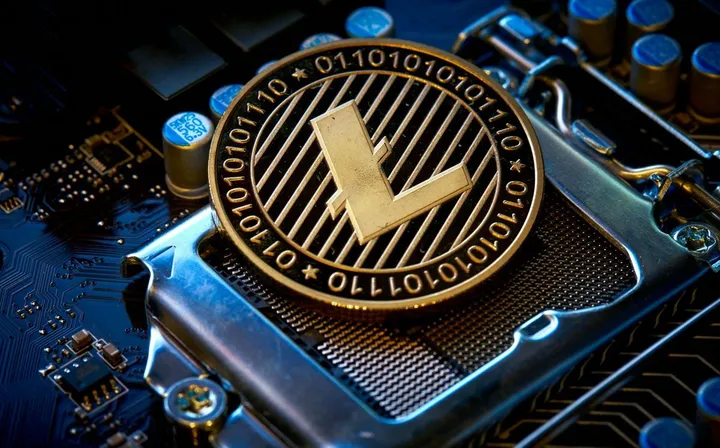
ICOs Aren't Dead, They Just Evolved: The Role of Blockchain Today
Ah, 2017. The year of the Initial Coin Offering (ICO). It was a glorious, chaotic, and often ridiculous time. Everyone and their dog was launching a token, promising to revolutionize everything from dental care to dog walking. Most of them failed spectacularly, taking investor money with them. The “ICO is dead” narrative quickly followed.
But here’s the thing: the underlying idea – using blockchain to democratize fundraising – was never truly dead. It just evolved. What we’re seeing today is a more mature, sophisticated, and dare I say, boring version of blockchain-based fundraising. And boring, in finance, is often a good thing.
From Wild West to Regulated Frontier
The problem with the 2017 ICO boom wasn’t the blockchain itself, but the lack of regulation, due diligence, and investor protection. It was the Wild West, and scammers thrived.
Today, the landscape is vastly different. We’ve moved beyond simple token sales to more nuanced models:
- Security Token Offerings (STOs): These are digital representations of real-world assets (equity, debt, real estate) on a blockchain. They are regulated securities, offering investor protection and compliance. This is where traditional finance meets blockchain, bringing liquidity to illiquid assets.
- Decentralized Autonomous Organizations (DAOs) and Community Funding: While not strictly “ICOs,” DAOs are exploring new ways to fund projects directly from their communities, often through governance tokens. This is a more organic, community-driven approach to fundraising, where participants have a direct say in the project’s direction.
- Launchpads and Incubators: Platforms now exist that vet projects, provide mentorship, and offer a more structured environment for token launches, reducing the risk for early investors.
The Enduring Role of Blockchain
Blockchain’s role in fundraising today is less about quick riches and more about efficiency, transparency, and accessibility.
- Efficiency: Smart contracts automate the fundraising process, reducing intermediaries and administrative costs.
- Transparency: All transactions are recorded on an immutable ledger, providing a level of transparency unheard of in traditional fundraising.
- Accessibility: It allows a broader range of investors, not just venture capitalists, to participate in early-stage funding rounds.
The ICO craze was a necessary, albeit painful, learning experience. It showed us the power of blockchain to raise capital, but also the dangers of unchecked speculation. What emerged from the ashes is a more robust and responsible ecosystem.
So, no, ICOs aren’t dead. They just grew up. And the role of blockchain in fundraising is more vital and legitimate than ever, quietly building the financial infrastructure of tomorrow.

